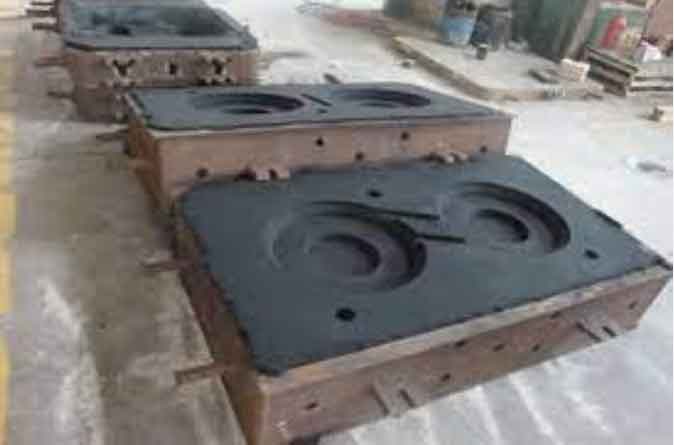
Resin sand casting offers several environmental benefits, making it a sustainable manufacturing solution. Here are some of the key environmental advantages of resin sand casting:
- Reduced Energy Consumption: Resin sand casting requires less energy compared to other casting methods. The process involves relatively lower energy inputs during mold preparation, metal melting, and solidification. By minimizing energy consumption, resin sand casting helps reduce greenhouse gas emissions and overall environmental impact.
- Material Efficiency: Resin sand casting optimizes material usage. The sand used in the process can be reclaimed and reused, minimizing material waste. Additionally, the ability to produce near-net shape components means less material needs to be machined or removed, further reducing material waste and costs.
- Reduced Chemical Usage: Resin sand casting typically uses organic binders and additives that are environmentally friendly compared to other casting methods that employ chemical binders. The use of resin-based binders reduces the need for harmful chemicals and helps minimize the release of hazardous substances into the environment.
- Waste Reduction and Recycling: Resin sand casting generates less waste compared to other casting methods. The sand used in the process can be reclaimed and recycled for future casting operations, minimizing the amount of waste generated. Additionally, the recyclability of the casting components themselves contributes to a more sustainable manufacturing process.
- Reduced Carbon Footprint: Resin sand casting has a lower carbon footprint compared to other casting methods that require extensive energy inputs or the use of high-emission binders. The reduced energy consumption, material efficiency, and lower emissions during the process contribute to a more environmentally friendly manufacturing process.
- Improved Air Quality: Resin sand casting emits fewer harmful fumes and pollutants compared to other casting methods. The use of organic binders reduces the release of volatile organic compounds (VOCs) during the casting process, resulting in improved air quality within the manufacturing facility and surrounding environment.
- Environmental Compliance: Resin sand casting aligns with environmental regulations and standards. The use of eco-friendly binders and the implementation of recycling and waste management practices help manufacturers comply with environmental guidelines and reduce the overall environmental impact of their operations.
By incorporating resin sand casting into their manufacturing processes, companies can reduce their environmental footprint, promote sustainability, and contribute to a greener future. The energy efficiency, material optimization, reduced waste generation, and lower emissions associated with resin sand casting make it an environmentally responsible choice for sustainable manufacturing.
